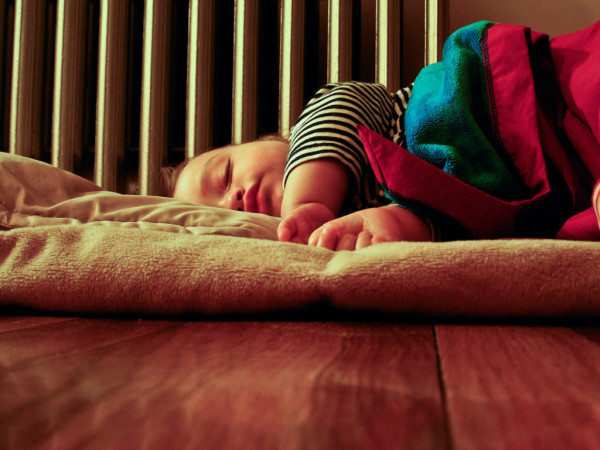As new parents, many couples often complain about receiving contradictory — and sometimes unsolicited — advice. Should they let their babies ‘cry it out’, or check on them every time they become upset? Is it better for an infant to sleep in bed with mom and dad, or in a crib? Unfortunately for parents, emerging research is beginning to dichotomize another common belief. While many assume that discontinuous sleep is a hallmark of early childhood, scientists are now finding a correlation between poor sleep and psychiatric problems in children. Even though as many as 20-40% of young children have some trouble sleeping, researchers suggest that sleep difficulties may be either a cause or an effect of a deeper, psychiatric problem.
One study, published in May 2015, found a reciprocal relationship between sleep quality and mental health when comparing children at ages four and six. Children with diagnosable sleep disorders at four years of age were more likely to have developed a psychiatric disorder by age six, and likewise, children with psychiatric disorders at age four were more likely to have developed a sleep disorder by age six.
Image Source: Emma Kim
The scientists behind this research proposed two ways in which children’s sleep troubles and mental health issues may be related. One possibility is that the two problems have a common cause, like a genetic basis that affects both functionalities. Another explanation may be that both sleep and psychiatric disorders make daily life more difficult, and thus have a negative impact on one other.
A child who slept poorly, for example, is likely to be cranky during the day, and a consistently negative mood could impact relationships with peers and the ability to handle normal stressors. With this decrease in social support and accumulating stress, it is easy to imagine the ways in which bad sleeping habits may worsen psychological health, especially among developing children. Conversely, children suffering from psychological disorders may go through the day feeling stressed or scared. If these emotions keep the child up at night, they can impact sleep quality, and in turn aggravate psychological symptoms.
While another study has confirmed that young children with psychiatric disorders are more likely to also have sleep disorders, hypotheses about causality are far from conclusive. Scientists do recommend, however, that parents and mental health providers pay close attention to children with recurring sleep problems. Sleep disorders often go undiagnosed in children, and overlooking them increases the risk that symptoms become more severe or negatively impact other areas of the child’s life. If parents or caretakers are unsure of whether irregular sleep patterns are normal, the best thing they can do is ask their child’s pediatrician or mental health provider.
Feature Image Source: Andrew Malone










